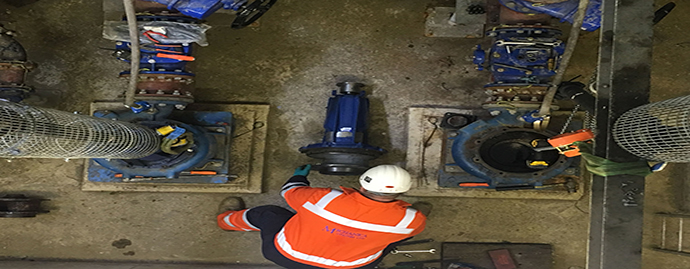| تاريخ البداية | تاريخ النهاية | الدولة | المدينة |
|---|

 +۹٦٦ ۹۲۰۰۰۷۷۷۱
+۹٦٦ ۹۲۰۰۰۷۷۷۱

الأهداف
- By successful completion of this short-course, participants
- Understand general failure analysis procedures.
- Be able to differentiate between the different failure mechanisms.
- Be knowledgeable in the laboratory testing methods and procedures that can help determine the cause of the failures.
الخطوط العريضة
Failure analysis is a technique where facts are gathered through investigations and testing and analyzed to determine the root cause of a product failure. The common approach includes:
- Obtaining background information such as service/operating conditions, manufacturing history, discussions with the end-user and/or eye witness to the failure,
- Site visit to the scene of failure (if applicable), visual examinations, photo documentation,
- Nondestructive examination of the parts to identify nature and presence of defects,
- Fractographic exam to determine failure mode,
- Destructive tests (chemical, metallurgical, mechanical) to verify conformity to specifications,
- Evaluation of all data to draw a conclusion about the failure mechanism.
Daily agenda :
Day One:
- Failure analysis-general discussion
- Techniques-optical microscopy, electron microscopy including fractography, nondestructive testing.
Day Two:
- Techniques- corrosion testing and mechanical testing.
- Residual stress - its effect on failures and measurement
- FEM analysis
Day Three:
- Fracture mechanics concepts
- Ductile fracture
- Brittle fracture
Day Four:
- Fatigue crack initiation, growth and fracture
- Improving fatigue resistance
Day Five:
- Wear
- Corrosion
Elevated temperature failures
من ينبغى أن يحضر
- This course presents a very practical approach to failure analysis for the non-metallurgist as well as for those who are new to the field or those who want an update. It is also designed for technicians and those interested in understanding how knowledge of failure analysis can lead to better productivity.
المدة
5 أيام










